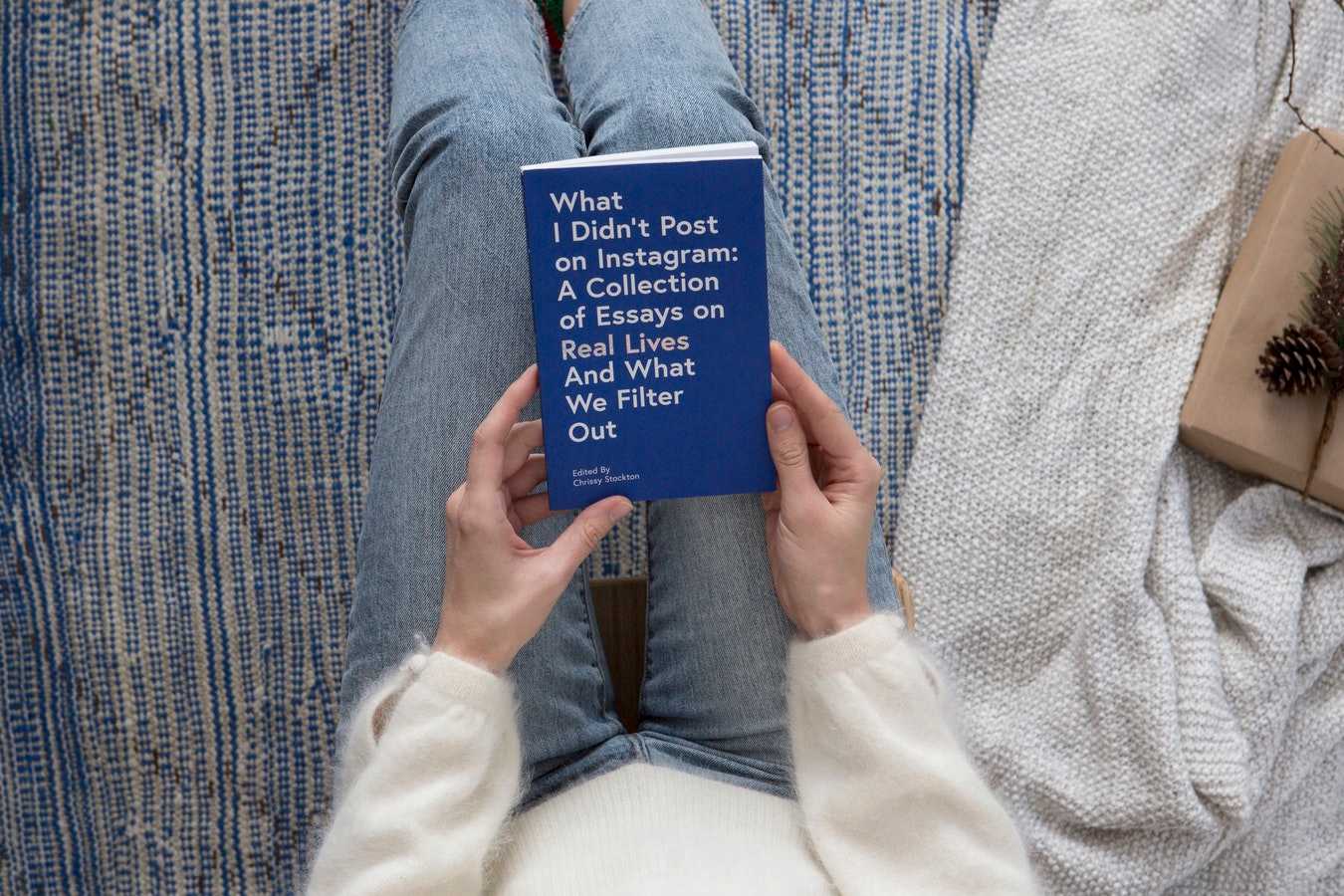
Facebook & Instagram recently launched their new ‘Time Spent’ features in an attempt to combat the impact of social media on mental health. The Flaunt Digital team discuss what this could mean…
See below for the full video transcription.
VIDEO TRANSCRIPTION:
Chris: Yeah, so you might be aware Facebook have updated some new tools which allows users to put a time limit now on the usage, which is pretty cool because obviously Facebook is so heavily abused these days that people tend to lose track of how much time they’re actually spending on it. So what it will do is it will give you a little notification when you’ve reached a cap that you personally set. So if you’ve been browsing for six hours and you’ve reached your limit, you’ll get a little notification that says you’ve obviously reached that cap. And if you decide to, obviously, not disable it, then it will prevent any future notifications coming up for that time period.
Lee: But just… I don’t trust it. I need to understand the concept behind it, because they’re encouraging folk to not use the platform, right?
Chris: Yeah. I think it’s one of those that I don’t think it will be… I don’t know, I don’t think they’ll want to talk about it too much. They know that people won’t do it anyway. Nobody’s going to put their own cap on social media usage.
Jamie: Is it for kids then? Can parents go in and put a cap on the kids’ stuff, is that the idea or not?
Chris: I guess you could do it for kids, but not really. I think it’s for people that obviously have a tendency to abuse their social media use, and they just want to reduce it. I don’t know, I think it’s funny how Facebook are actually backing it, and they’ve actually published their own research study to suggest that it has a negative effect on people’s days, too much usage, which I think is bizarre for a publisher to launch stats that are actually against using their own platform.
Lee: It says here that in one experiment, people that scrolled through Facebook for 10 minutes were in a worse mood at the end of the day.
Chris: Yeah. Who does that? Who publishes material that suggests that using their own platform is a negative thing?
Lee: I get their tone, because they’re tying it in to mental health, aren’t they? And they’re saying that it’s bad for your mental health to spend excessive amounts of time. But there’s some way that this is going to transpire into them making more ad revenue somewhere.
Chris: Well they have to be seen doing something. But really, how many people do you think are actually going to set themselves a limit and when they get a notification they’re going to approve it and say, “Yeah, okay. I’ll stop using Facebook now. I don’t want to see anymore notifications.” People are way too addicted than that suggests.
Jamie: Maybe as soon as your threshold lapses and you’re ready for some more notifications, maybe the first one is going to be a mental health ad.
Lee: It’s starting to come together now, it’s coming together.
Chris: Yeah, ends up monetizing it.
Jamie: Yeah, don’t do mess around on Facebook, go on Instagram it’s easier. This stuff’s at OS level, isn’t it? I’m pretty sure on One Plus’s version of Android you can set limits on an OS level for apps, can’t you?
Lee: I think so, yeah.
Jamie: So this has already been sort of catered for.
Chris: Yeah.
Jamie: It’s a bit… it’s just an issue for Facebook because everyone’s painting them in a bad light. So they’re just doing everything. It’s like that massive TV ad campaign they’ve got right now.
Chris: Yeah. They’re just going over and above.
Jamie: They’ll literally do anything to try and reverse people’s opinion.
Lee: It’s definitely a P.R.-led idea, I believe.
Jamie: They’ll remove the feature in two years and no one will notice.
Chris: Yeah, I don’t think anybody’s going to take it seriously, especially the type of people that do abuse usage as well. For them to wean themselves off it, it’d just be too much, I think. I don’t think they would even put it upon themselves to set themselves a limit.
Lee: I’ve just figured it out.
Chris: What?
Lee: They’re going to release it as a targeting segment. They’re going to say, “All these people are only on Facebook for 10 minutes a day, so it’s three times the price to target these people.
Chris: Yeah, potentially.
Lee: You can only get in front of them for 10 minutes a day.
Jamie: And they’ve all got mental health issues.
Chris: Yeah, yeah.
Jamie: If you want to target well-being and whatever else, to get involved here. That’s what they’ll do. It’s good for parents and kids, I see that use case. But a lot of the kid-friendly versions of Android, for example, and I think IOS does it too, you can set time limits and say, “Can’t use after 9 p.m., can’t go on these apps”, blah, blah, blah. You can do all that kind of stuff, can’t you?
Chris: Yeah, it’s good for kids, especially if it’s got a day-pattern feature where you say, “Only able to use on a Friday night, Saturday afternoon,” whatever, for your kids so that they’re not getting distracted through…
Jamie: Can’t you do that on Kindles for kids and stuff?
Lee: Well you can do that through certain internet providers, can’t you? You can limit what they go on through their web interface for the routers and stuff.
Jamie: Well I’m not sure that would work for Facebook app and stuff like that.
Chris: No, no. I think it’s less for kids, though, and it’s more to build awareness for mental health and people getting too dependent on social activity.
Lee: I like the premise. I think mental health is obviously really important, but I just don’t trust it as being done for the right reasons.
Chris: I mean who’s this guy in here who’s claiming… what is he, founder of a digital agency?
Lee: He owns a social media shop.
Chris: Yeah, Harry Hugo. He’s claimed that he was spending 15, 16 hours a day on social media, which I think’s absolutely ridiculous.
Lee: You aren’t even awake that many hours a day.
Chris: I know, I know. That’s the truth. No truer words. But for somebody to physically spend that much time on a social media channel in a day is just completely beyond me. I think you have truly got a bit of a problem there.
Jamie: He’s exaggerating. It can’t be that bad.
Lee: Well it worked, because we’re talking about it.
Chris: Yeah, I think it were published on through another publication the other week or some sort of research study that found – what was it? – people on average pick the phone up… I know this is exclusive to mobile phone use, not social media use, but they are sort of interlinked, every 11 minutes.
Jamie: Yeah, that’s probably right.
Chris: Which is pretty bad… obviously when they’re picking the phone up, they’re probably using social media, aren’t they? So that’s pretty compelling.
Lee: The world we live in.




